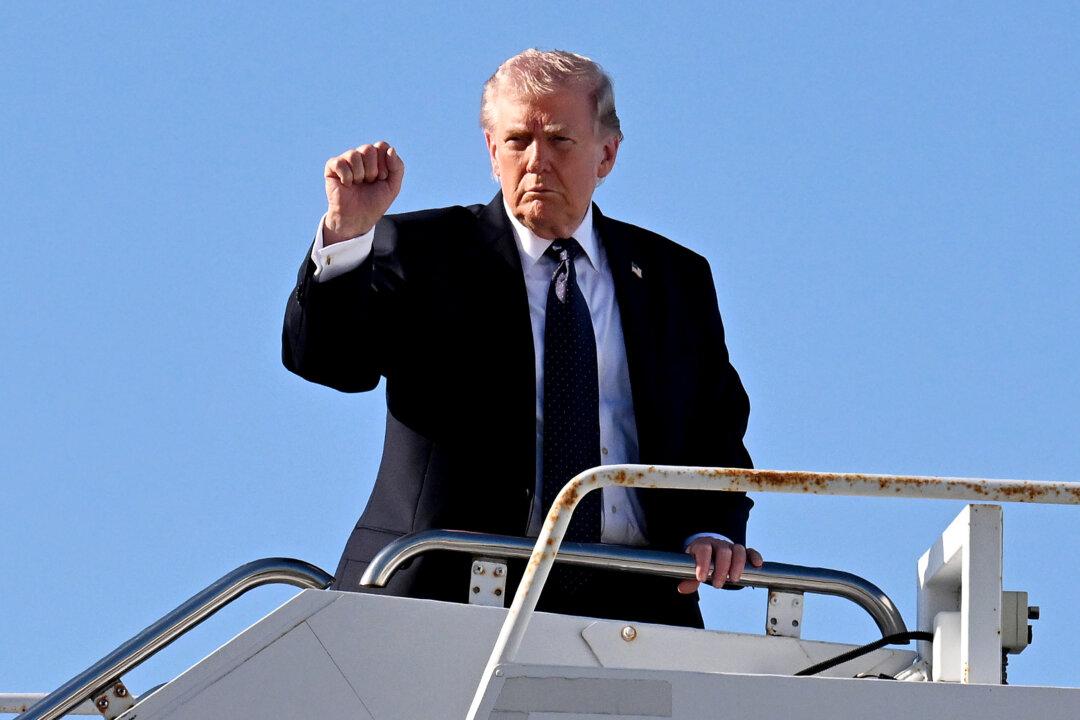The European Union is ready to bolster maritime security cooperation with the Philippines and uphold a 2016 arbitration court’s ruling in the South China Sea dispute, the European Commission president said.
European Commission President Ursula von der Leyen met with Philippine President Ferdinand Marcos Jr. in Manila on Monday and pledged to boost cooperation with the Southeast Asian nation in trade, critical raw materials, and security.





